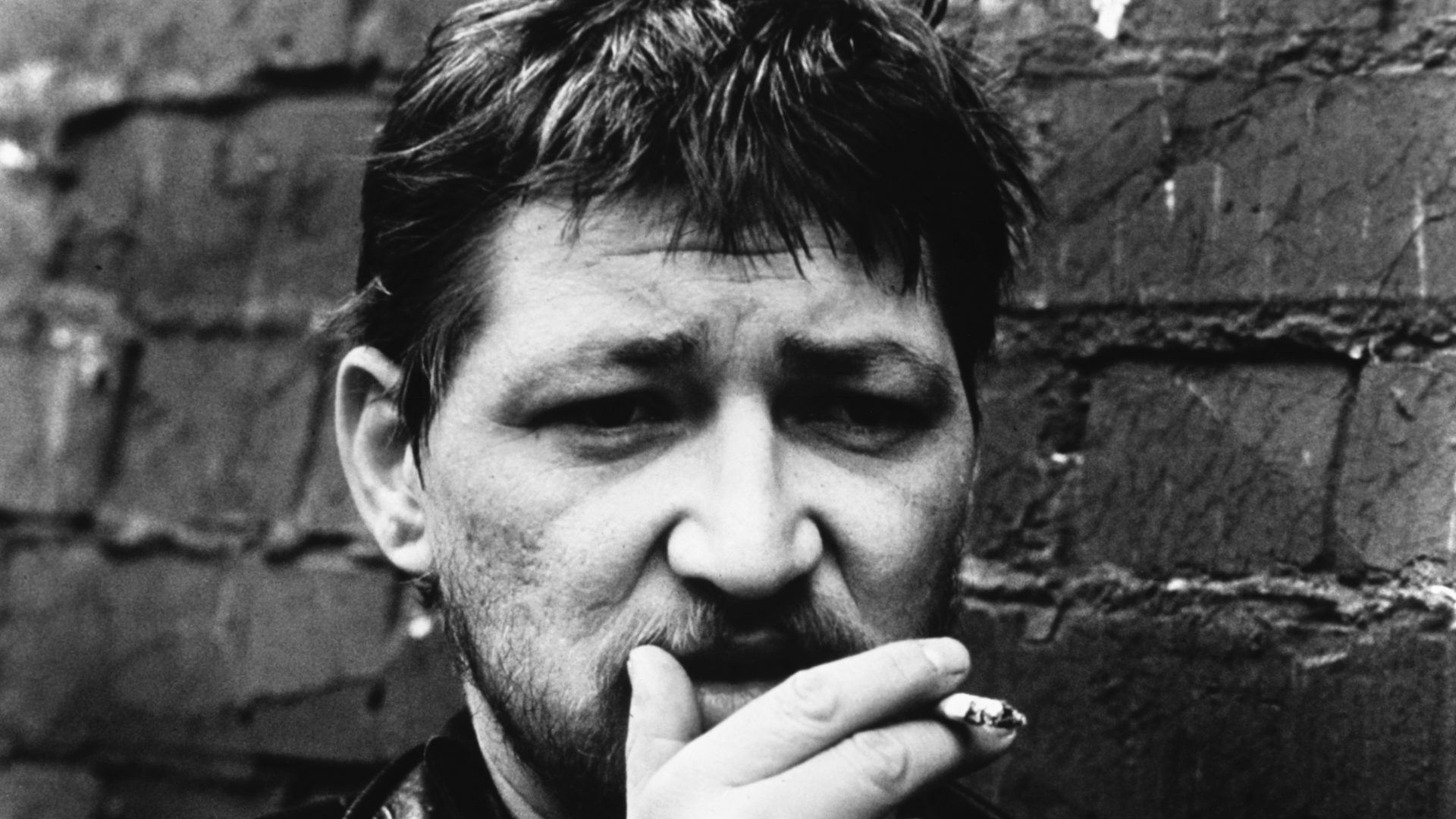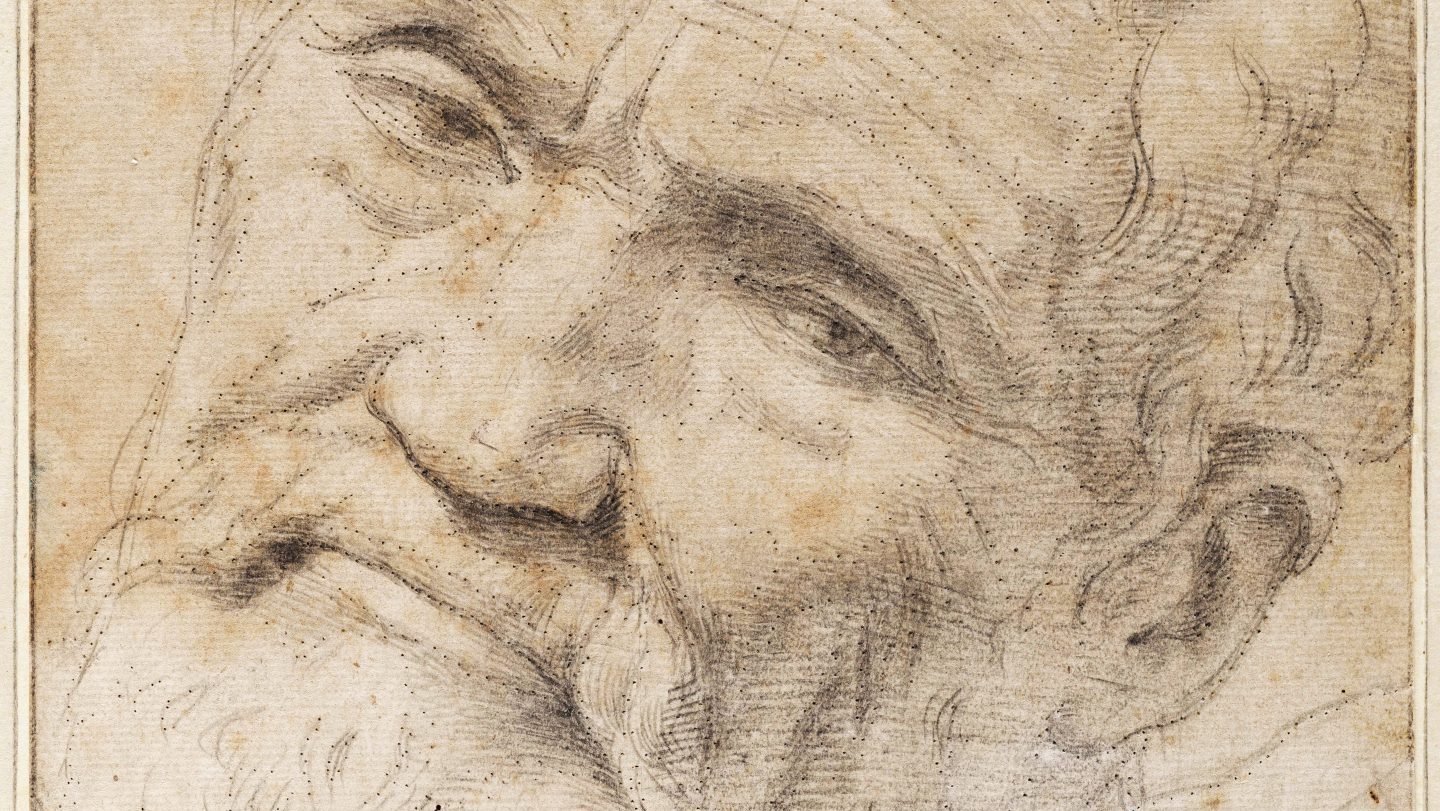On June 10, 1982, 42 years ago this week, the prolific and frenetic German film-maker Rainer Werner Fassbinder was found dead at his Munich home from an accidental overdose of cocaine and sleeping tablets at the age of 37.
A couple of hours earlier he had been speaking to the Swiss film director Daniel Schmid on the telephone, discussing the film about Rosa Luxemburg he was planning and telling Schmid he had just flushed all his drugs down the toilet except for one last line of cocaine.
The same night, in London, music journalist Ian Penman was trying heroin for the first time. He went home, threw up, slept for a few hours, went to work and learned Fassbinder was dead. Almost immediately, he planned a book.
A couple of weeks ago at a ceremony in London, Fassbinder Thousands of Mirrors by Ian Penman was announced as the winner of the Royal Society of Literature’s £10,000 Ondaatje Prize, awarded for a work of fiction, non-fiction or poetry that evokes, in its own words, “the spirit of a place”.
“This is the only book I have read twice this year,” said Xiaolu Guo, chair of the three-person judging panel. “Truly it is thousands of mirrors in terms of the thoughts, images and references running through this reflective and wonderfully interior work. The world of European cinema, especially Fassbinder’s film seen through Ian Penman’s eyes, has transported me to a tantalising place called postwar Europe.”
Accepting the prize, Penman said: “I would like to thank Rainer Werner Fassbinder, who I think is astonishing and created a culture very much not like our own. Without him there wouldn’t be this book, and I dedicate this award to him.”
If Penman had begun devising a book on Fassbinder in the hours after the director’s death it would take him almost 40 years, a period longer than the entire lifespan of Rainer Werner Fassbinder, to finally get down to work and Fassbinder Thousands of Mirrors benefits greatly from that hiatus.
Original in style and format, the book defies genre. It is certainly not a biography in the conventional sense, and while Penman writes brilliantly about Fassbinder’s output, this is not a work of film criticism, either. Is it a meditation? Possibly. But no, not really. Nor is it a memoir, despite some deeply personal writing.
The book is almost as impossible to define as its subject and the relationship between author and subject. Written in 450 numbered sections that vary in length between a couple of words and a couple of paragraphs, Penman ranges across Fassbinder’s work and personal life, his own work and personal life, delves into critical theory, spatters the text with quotations ranging from Goethe to John Cale to Tony Hatch and even the occasional list.
While Penman has published two fine collections of his journalism, 1998’s Vital Signs: Music, Movies and Other Manias and It Gets Me Home, This Curving Track published in 2019, this is his first long-form narrative, a long-nurtured project finally completed during the Covid lockdowns, a period equally difficult to define.
Confined to his home, Penman watched Fassbinder’s contribution to the 1978 film Germany in Autumn, in which four directors responded to West Germany’s wide-ranging crackdown on resistance in the aftermath of the Red Army Faction’s campaign. In his segment, Fassbinder switches between arguing with and abusing his lover Armin Meier and a kitchen table political discussion with his mother that ends with her wistful wish for a “good, kindly, authoritarian leader” before cutting to a bawling Fassbinder in Meier’s arms.
“He orders a delivery of drugs, then flushes them away when he hears a passing police siren,” writes Penman. “He never stops smoking, moving, talking, thinking. It is a portrait of a man utterly sure of himself, and yet flailing.”
For Penman, this viewing of Germany in Autumn was “just as shocking and disturbing, disarming and irresistible” as when he saw the film on its release as a much younger and very different man. How different, if at all, would Fassbinder seem today to an Ian Penman four decades older and, well, wiser?
He would watch all the films and write the book quickly, he decided, emulating the frantic pace at which Fassbinder himself worked to make 43 films in his 13-year career, completing the project in four months to be in time for the 40th anniversary of the director’s death. Would the project serve also as a distraction from the forced introspection of confinement in the shadow of a deadly pandemic? Perhaps. But at least that introspection could be filtered through Fassbinder. Maybe the answers were in there.
Fassbinder was born three weeks after the German surrender in 1945, making his life parallel almost to the day with the history of postwar Germany. His parents, a doctor-turned-poet and a literary translator, divorced when Fassbinder was a toddler and he found solace in the cinema, spending his days and nights watching anything that was showing.
Like many of his contemporaries, Fassbinder developed a growing resentment of his country’s willingness to move forward without reckoning with its ominously recent history, how, as Penman put it, “people go about their aspirational lives while, under their feet, is a dark and unexcavated past”.
Fassbinder was watching his generation grow up in a land of secrets and shame that were not their own. By the 1970s, Germany was, to him, in a guilt-addled spiral of unacknowledged, simmering hypocrisy that came to the boil when that generation came of age, the Munich Olympics massacre triggering a riotous period that saw the Red Army Faction emerge and Fassbinder produce some of his best work. He became a key radical presence also famous beyond the counterculture, “a tabloid figure” writes Penman, “an amalgam of Bertolt Brecht, Joe Orton, Daniel Cohn-Bendit, Sid Vicious and Orson Welles”.
He was also a mess of a human being, a heavy drinker addicted to drugs and abusive to many of the men and women with whom he became romantically involved – two former lovers went on to kill themselves. Yet despite the ferocious speed at which he lived and worked, his films were always full of heart, meticulous and finely crafted, as if he were terrified of letting down his childhood self, sitting in the darkness, face lit by the screen, yearning for escape.
Penman’s cultural life begins, in a sense, with the Munich Olympics massacre. Born 15 years after Fassbinder to a father in the military, which meant his childhood was spent flitting between British outposts such as Aden and Kenya, his first experience of colour television was the 1972 Olympics siege and its disastrous outcome.
Like Fassbinder, Penman’s lonely childhood in which lasting friendships were made impossible by constant relocation was saved first by cinema, then the music from which he would make his career.
He joined the NME as punk gave way to post-punk in 1977, becoming largely responsible for a form of music journalism that went way beyond describing guitar sounds and hairstyles. The NME of Penman’s time introduced a wider critical context, casting its net into politics and critical theory and featuring auteurs and rebels like Rainer Werner Fassbinder.
The Germany Penman saw in Fassbinder’s work seemed unfeasibly exciting when viewed from a dreary Britain on the cusp of Thatcherism. It was spiky, feisty and creatively wide-ranging with, in Fassbinder in particular, “that DIY do-it-now do-it-quick ethos that punk and the best of hippie had in common”.
“There is a whole other arc here, from a time when Europe seemed like our playground and Eden on a number of levels,” he writes. “A scroll of inspirations, from Surrealism to Mod to the Nouvelle Vague to whole new worlds of cuisine… to the Situationists to schoolboy football heroes like Gerd Müller and Johann Cruyff to so-called ‘Krautrock’ to Casuals fashion to Ibiza. And then… like Rip van Winkle… we wake from our slumber into what Julian Barnes calls our ‘deluded masochistic departure from the European Union’.”
Penman settled in London in 1978 at a watershed, “on the one hand: rubbish piled high in the streets, decaying infrastructure, gutted buildings, bad food, a generalised lack of choices. On the other: a feeling of our young fingers on the lip of a lid of a cultural Pandora’s box”.
Plunging headlong into all that decay and potential he became addicted to drugs, slowly vanishing from view until by the 2000s he was writing only the odd review and occasional blog. If his subsequent journalism anthologies coaxed him back from the realms of enigma for a new – and old – audience, Fassbinder Thousands of Mirrors has placed him back at the forefront of contemporary criticism. Whether he likes it or not.
The pan-out perspective the years have permitted for Penman to reflect on Fassbinder’s “melodrama of boredom, fashion and dust… preternaturally stoned, and severely uptight” make for a considered and groundbreaking work in which Fassbinder becomes instead of a recently dead hedonistic auteur in the maelstrom of the early 1980s “a kind of unlikely bridge or missing link between one era and another”. Fassbinder Thousands of Mirrors is written by an author with a cooler head than the earlier version of himself that was simply cool.
“I have no desire to be some kind of amiable, reasonable, encyclopaedic curator of the archive,” he declares in the second sentence of the book. Instead he writes as an outsider considering another outsider, like Stefan Zweig on Montaigne or David Peace on Brian Clough, filtering himself through his subject not so much to bring Fassbinder vividly to life but to explain the death of “some kind of integral role model. Incautious, unfettered, improper, untethered. But also… getting the work done.”
Fassbinder Thousands of Mirrors is published by Fitzcarraldo Editions, price £12.99




